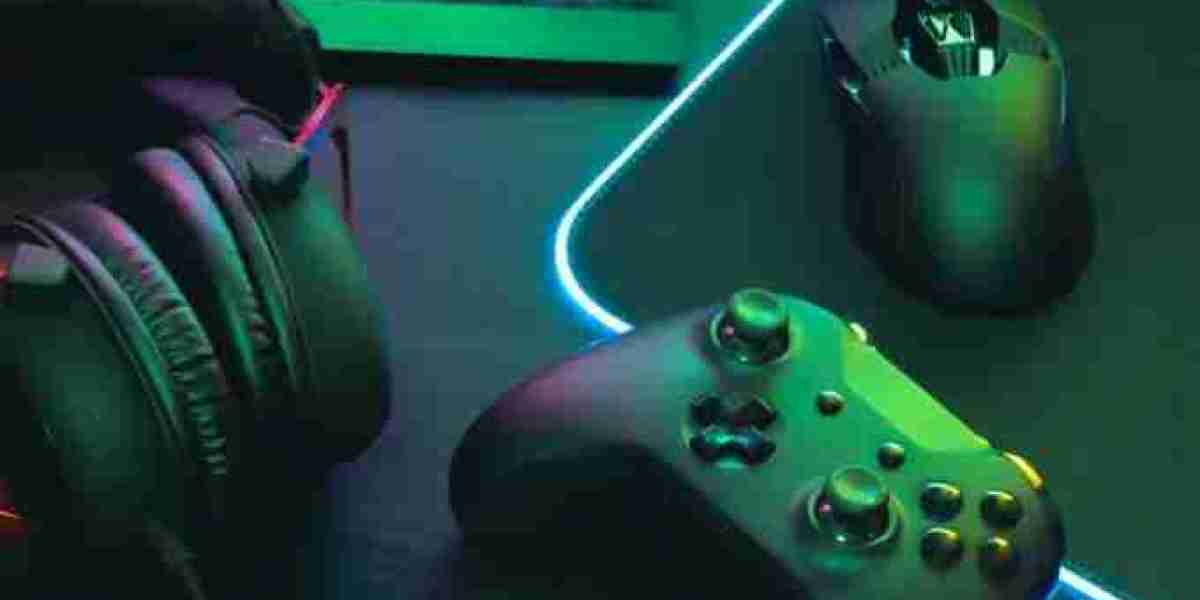Games have long been seen as a form of entertainment, but they also have a more significant role to play in our lives. One of the most valuable skills that games can teach us is teamwork and collaboration. In today's fast-paced and interconnected world, the ability to work effectively in a team is essential for success. Games offer a unique opportunity for players to develop these skills in a fun and engaging way.
What are Teamwork and Collaboration?
Teamwork and collaboration are the processes of working together with others towards a common goal. This involves sharing ideas, communicating effectively, and relying on each other's strengths to achieve success. In a team environment, individuals with different skills and perspectives come together to achieve a common objective. This can involve problem-solving, critical thinking, and decision-making.
How Games Teach Teamwork and Collaboration
Games offer a variety of ways to teach teamwork and collaboration. In multiplayer games, players are often required to work together to achieve a common goal. This can involve completing a mission, defeating an enemy, or solving a puzzle. Players must communicate effectively, share ideas, and rely on each other's strengths to succeed. For example, in a first-person shooter game, players may need to work together to defeat an enemy team, with each player contributing their unique skills and abilities.
Examples of Games that Teach Teamwork and Collaboration
There are many examples of games that teach teamwork and collaboration. One example is the popular game League of Legends. This multiplayer game requires players to work together as a team to defeat an enemy team. Each player must communicate effectively, share ideas, and rely on each other's strengths to succeed. Another example is the game Overwatch, which requires players to work together to complete objectives and defeat an enemy team.

Teamwork and Collaboration in Single-Player Games
While multiplayer games are often associated with teamwork and collaboration, single-player games can also teach these skills. In games such as Portal and Minecraft, players must work together with non-playable characters (NPCs) to achieve a common goal. For example, in Portal, players must work with a computer-controlled companion to solve puzzles and escape a test chamber. This requires players to communicate effectively and rely on each other's strengths to succeed.
The Benefits of Teamwork and Collaboration in Games
The benefits of teamwork and collaboration in games are numerous. Players who participate in team-based games develop essential skills such as communication, problem-solving, and critical thinking. These skills are transferable to real-life situations and can benefit players in their personal and professional lives. Additionally, teamwork and collaboration in games can foster social connections and friendships among players.
The Role of Communication in Teamwork and Collaboration
Communication is a critical component of teamwork and collaboration. In games, players must communicate effectively to share ideas, coordinate actions, and rely on each other's strengths. This can involve verbal communication, such as voice chat or text chat, or non-verbal communication, such as body language or gestures. Players who develop effective communication skills in games can apply these skills to real-life situations, such as working in a team environment or participating in group projects.
Conclusion
Games offer a unique opportunity for players to develop teamwork and collaboration skills. By working together with others towards a common goal, players can develop essential skills such as communication, problem-solving, and critical thinking. These skills are transferable to real-life situations and can benefit players in their personal and professional lives. Whether players participate in multiplayer games or single-player games, teamwork and collaboration are essential components of the gaming experience.





